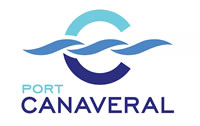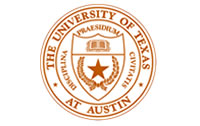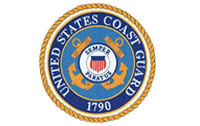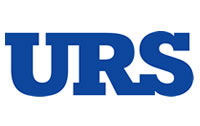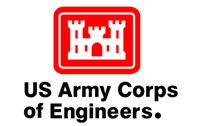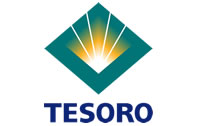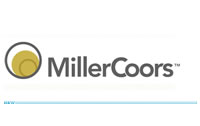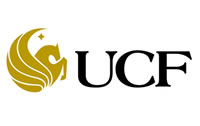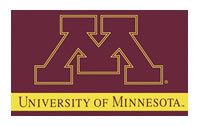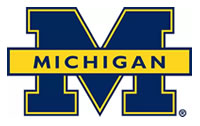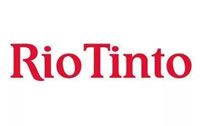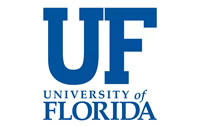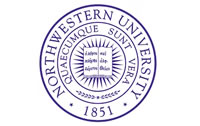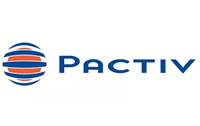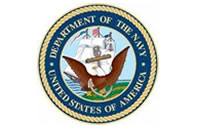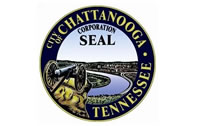The Leadership Survey suggests that half of supervisors and managers may not be getting sufficient leadership training.
How does your workplace stack up when it comes to leadership training? If leadership training is offered on a yearly basis or more often, congratulations: Your organization ranks in the top 20%, according to initial results from Plant Services’ first-ever Leadership Survey.
The online survey (you can still participate if you haven’t already; take the survey at plnt.sv/lead-15) asks respondents at all levels of the industrial manufacturing workforce questions about the state of leadership training and development at their facility. About half (49%) said they’ve either never received leadership training (23%) or received this training no more than once in five years (26%).
More on this in a minute. First, to put this data into context: To get a better understanding of the respondent base, we asked participants about not just their workforce level but also their education level and years of experience within their organization.
The breakdown of nonsupervisor vs. supervisor/manager participants so far is as follows: 31% of respondents have indicated that they are nonsupervisory team members; 21% self-identified as supervisors; 30% said they are managers; and 18% said they’re senior managers.
The age distribution of people who took the survey is heavily weighted toward ‘experienced’ individuals. Only 9% of respondents have identified as being 39 years old or younger. Twenty-seven percent of respondents have said they are between 40 and 49; 39% of respondents have said they’re between 50 and 59; and 25% identified themselves as 60 or older.
A plurality of respondents, 40%, reported that they have a bachelor’s degree. Eleven percent said they have a high school diploma or GED; 14% have technical certificates; and 9% have an associate’s degree. In addition, 18% said they have a master’s degree, and 7% said they have multiple degrees or a doctoral degree. The distribution among team members, supervisors, managers and senior managers matches what you might expect for education levels, but significant number of team members and supervisors reported having four-year college degrees.
How seasoned is the respondent base? In total, about two-thirds of respondents said they have been with their organization for more than five years. More than one-third (36%) said they have been with their organization for more than 15 years. Among those with a shorter tenure at their current organization, 29% said they have worked for their current employer for one to five years; only 5% have been with their current employer for less than a year.
Why is supervisor and manager leadership training so interesting? Research has indicated that 70% of a person’s motivation and performance is directly influenced by the person who works directly above him or her. Line supervisors directly lead the largest number of employees—80% to 90% of the plant’s population. Managers are responsible for selecting supervisors, either through offering promotion to current team members or by hiring new supervisors from outside the organization.
But in looking at our survey results, among manager respondents, 18% indicated they had never received leadership training, and 36% received training no more frequently than once every five years. This suggests that about half of supervisors and managers get insufficient leadership training. The questions senior managers should ask:
- If managers have insufficient leadership skills, can they identify and select the best supervisor candidates?
- If my supervisors have insufficient leadership skills, how does that affect workforce performance?
- What does insufficient leadership skills cost us in productivity, turnover, absenteeism, etc.?
- Are we implementing what our people learn from leadership training?
There is much more information to be mined from the leadership survey; we look forward to sharing a great deal more in coming editions of this column.
Contact us for leadership surveys, maintenance management consulting or reliability services.
Email: [email protected]
Phone: (321) 773-3356

